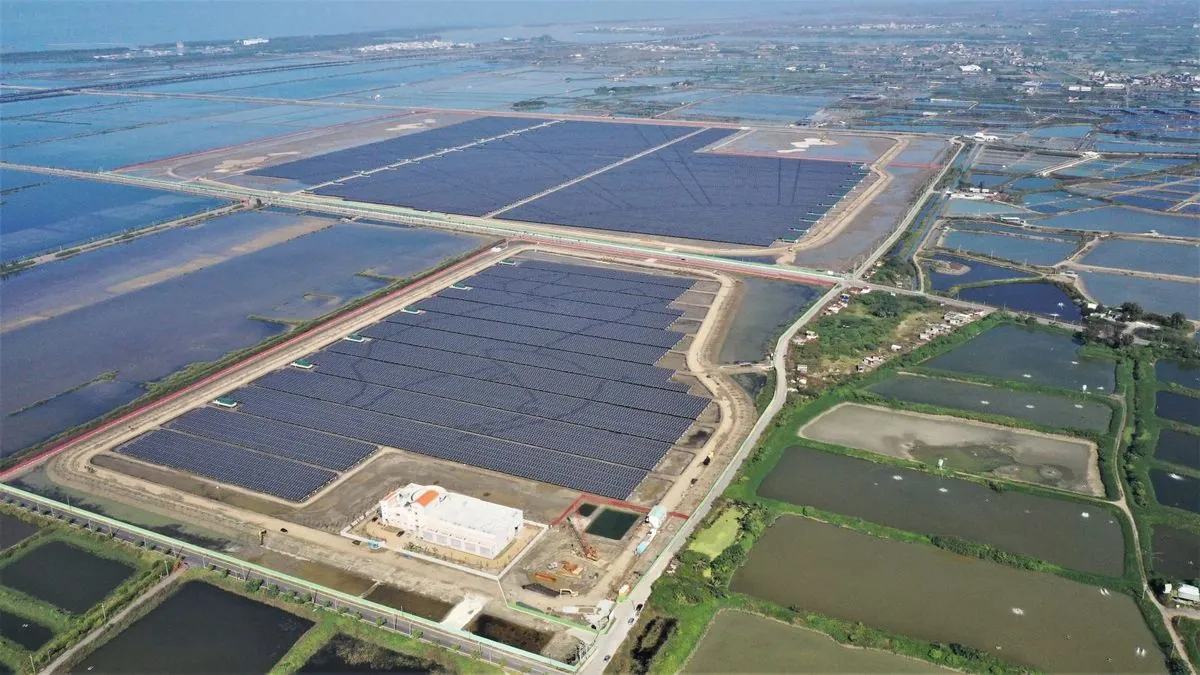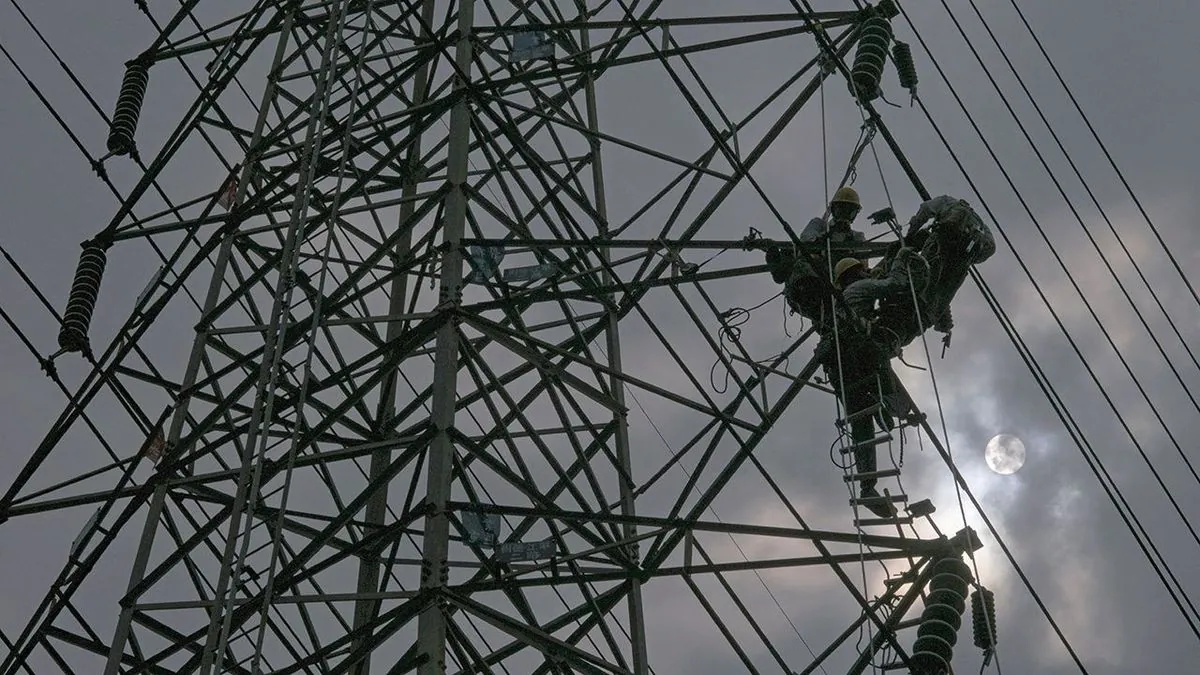Taiwan Hikes Power Prices for Large Industries, Spares Households
Taiwan announces a 12.5% electricity price increase for major industrial users, effective October 16, 2024. The move aims to reduce state-run Taipower's losses while maintaining low rates for households and small businesses.

Taiwan's economy ministry has announced a significant change in electricity pricing, targeting large industrial consumers while shielding households and small businesses from increased costs. The decision, revealed on September 30, 2024, aims to address the financial challenges faced by the state-run power utility, Taipower, without burdening the general population.
Effective October 16, 2024, major industrial users in Taiwan will experience an average 12.5% increase in their electricity rates. This move comes as part of the government's efforts to balance the need for affordable energy with the financial sustainability of its utilities. Taiwan, known for its thriving high-tech industry and ranking as the 7th largest economy in Asia, has been grappling with the global energy crisis exacerbated by geopolitical tensions.
Taipower, the state-owned electric utility company, has been operating at a loss, with the economy ministry reporting that the company loses T$0.4 for every unit of electricity sold. This situation has led to accumulated losses of T$386.2 billion (approximately $12.18 billion) by the end of 2023. The price adjustment is seen as a necessary step to ensure the company's ability to maintain stable electricity supply and continue its development.
Despite the increase, the ministry emphasized that Taiwan's electricity prices would remain competitive, staying below those of neighboring countries such as Japan and South Korea. This approach aligns with Taiwan's long-standing policy of maintaining some of the lowest energy prices for consumers globally.
The decision to raise prices for large industrial users while sparing households and small businesses reflects the government's attempt to mitigate the impact of inflation on the general population. This strategy is particularly crucial given that Taiwan imports over 97% of its energy supply, making it vulnerable to global energy market fluctuations.

Taiwan's energy landscape is complex, with the industrial sector being the largest consumer of electricity. The country has been actively working towards increasing its renewable energy capacity, particularly in solar and offshore wind, with a goal to generate 20% of its electricity from renewable sources by 2025. This transition is part of a broader energy policy that aims to balance energy security, economic growth, and environmental protection.
The government's decision also highlights the challenges faced by Taiwan's isolated electricity grid. As an island nation, Taiwan cannot easily import electricity, making efficient energy management crucial. The country has been investing in smart grid technology and exploring liquefied natural gas (LNG) as a transitional fuel to reduce coal dependence and improve energy efficiency.
While the price increase is significant for large industries, it is seen as a necessary measure to ensure the long-term stability of Taiwan's energy sector. The move is expected to help Taipower address its financial challenges while allowing the company to continue investing in infrastructure and exploring more sustainable energy solutions.
As Taiwan navigates these changes, the government remains committed to its energy transition goals, including the planned phase-out of nuclear power by 2025 and the expansion of renewable energy sources. These efforts, combined with the new pricing strategy, aim to create a more sustainable and resilient energy system for the island nation.


































